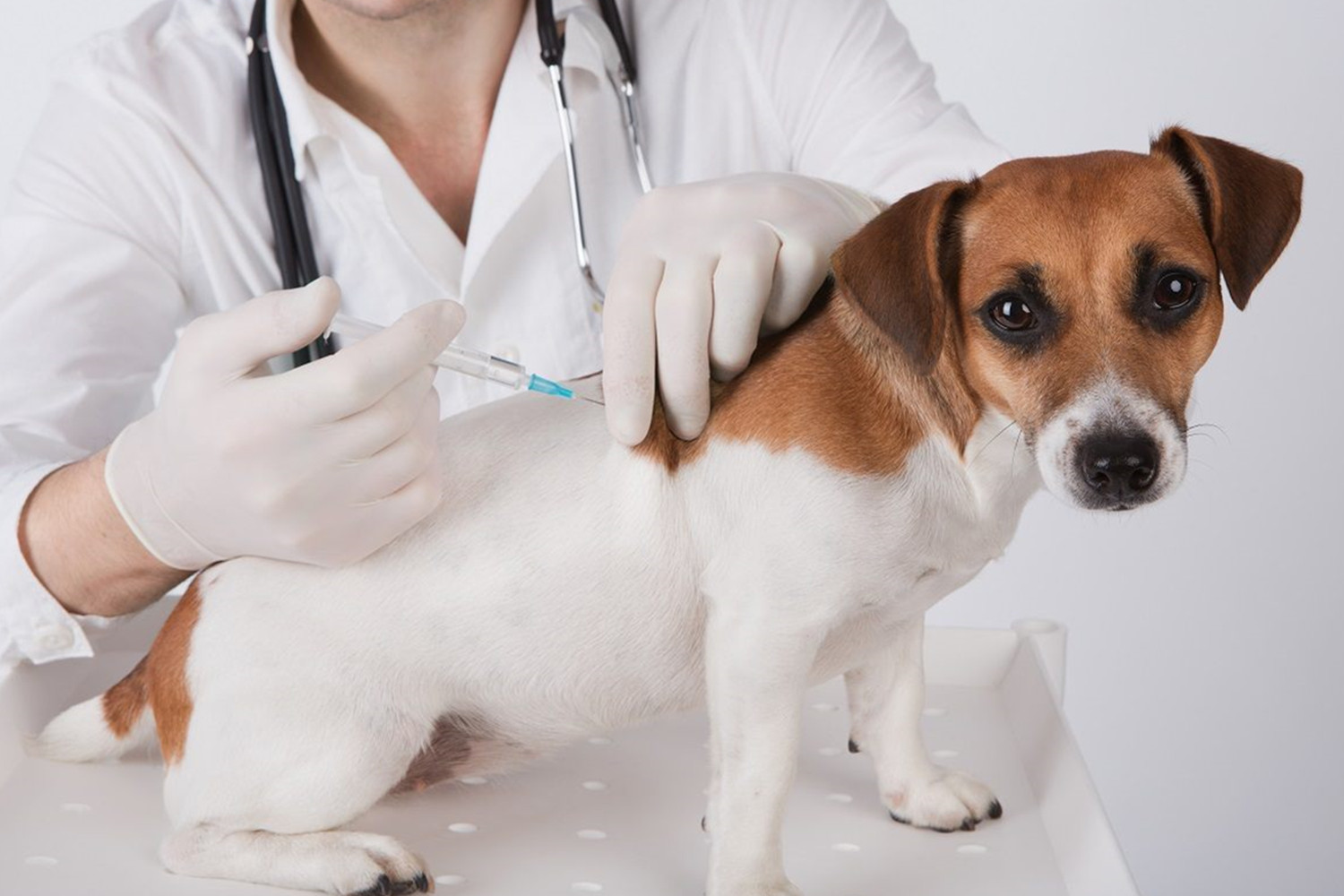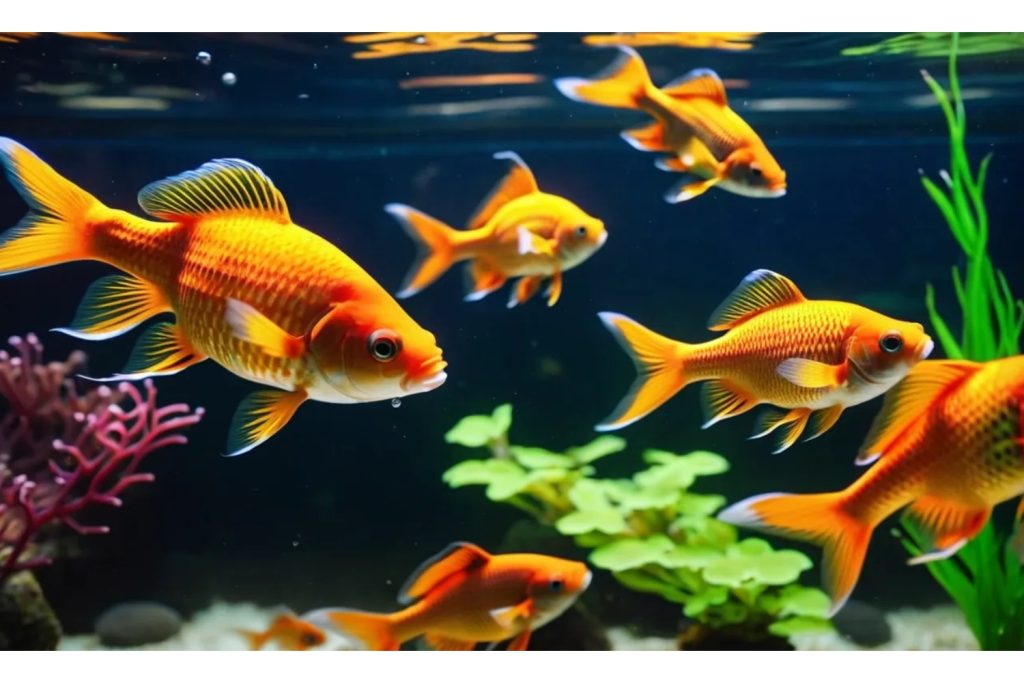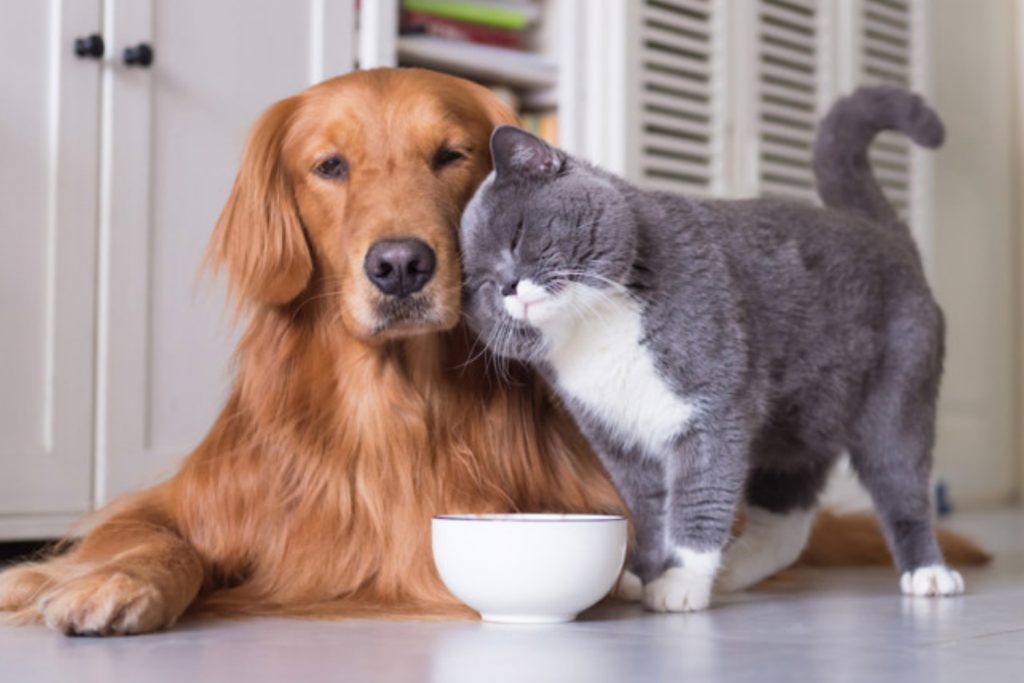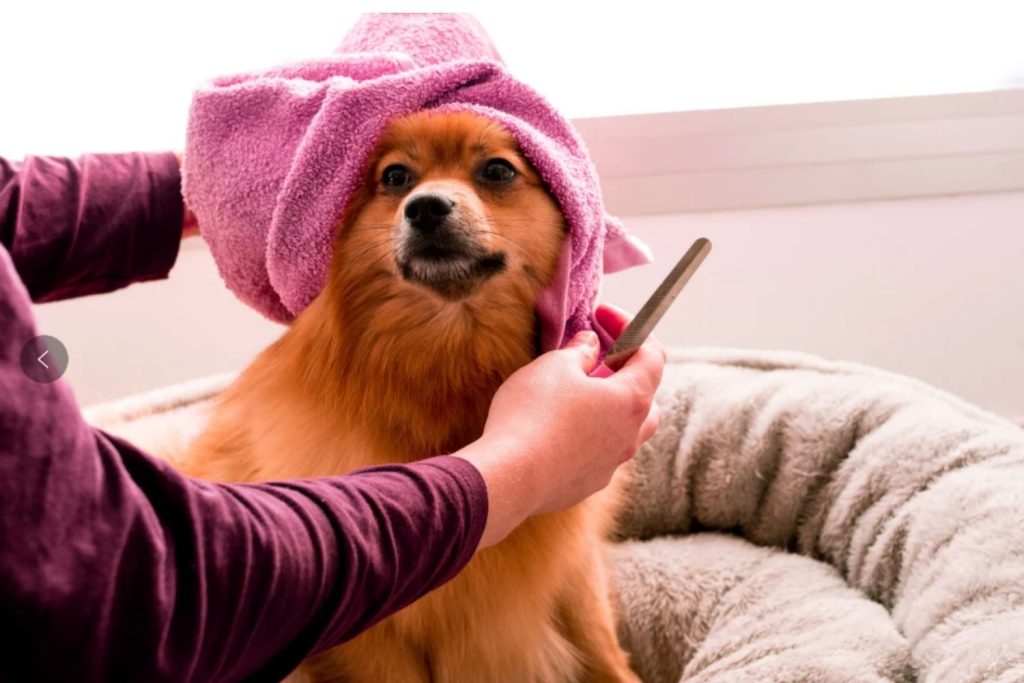Pets are just like other animals and people. They can get sick too, even if you take proper care of them or keep them indoors. time. Although they have a natural immunity to various diseases at birth, this natural immunity that they receive from breast milk is not permanent. As pets grow older, they become more susceptible to diseases to which they were originally immune. The only way to ensure their continued protection is to get your pet vaccinated against various diseases.
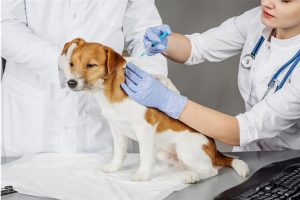
Vaccinations serve two other purposes. First, make sure that other animals and pets are not at risk. If you have an unvaccinated pet that is sick, it can transmit the disease to other pets nearby. The ultimate goal of vaccination is also human protection. A rabid dog bite can be fatal without immediate medical attention. Public safety and human well-being are, in fact, one of the main reasons for compulsory rabies vaccination.
Vaccines are given
Your pet needs many different vaccinations. The vaccines, called the core vaccination, are usually given to all healthy pets. This is because basic vaccinations are needed to prevent life-threatening conditions and to protect pets and other people from these diseases. In addition to the rabies vaccine, other examples of core vaccines are vaccines against hepatitis, canine tuberculosis, feline tuberculosis, and canine parvovirus.
There are also some vaccines called non -core vaccines. Some of the diseases these vaccines prevent can still be considered life-threatening. However, vaccines for these diseases are still not considered necessary because not all pets are equally likely to contract the disease. This can make the animal’s environment more susceptible to some diseases than others. There is no specific list of non-essential vaccines. In some regions, some vaccines may be considered non-essential, but in other regions, they may be considered essential vaccines.
The best way to find out what to vaccinate your pet against is to ask your veterinarian. Before giving the injection, a good veterinarian will first ask you about your pet. This means that the animal’s health, lifestyle, and previous vaccination records will be taken into account before scheduling vaccinations.

